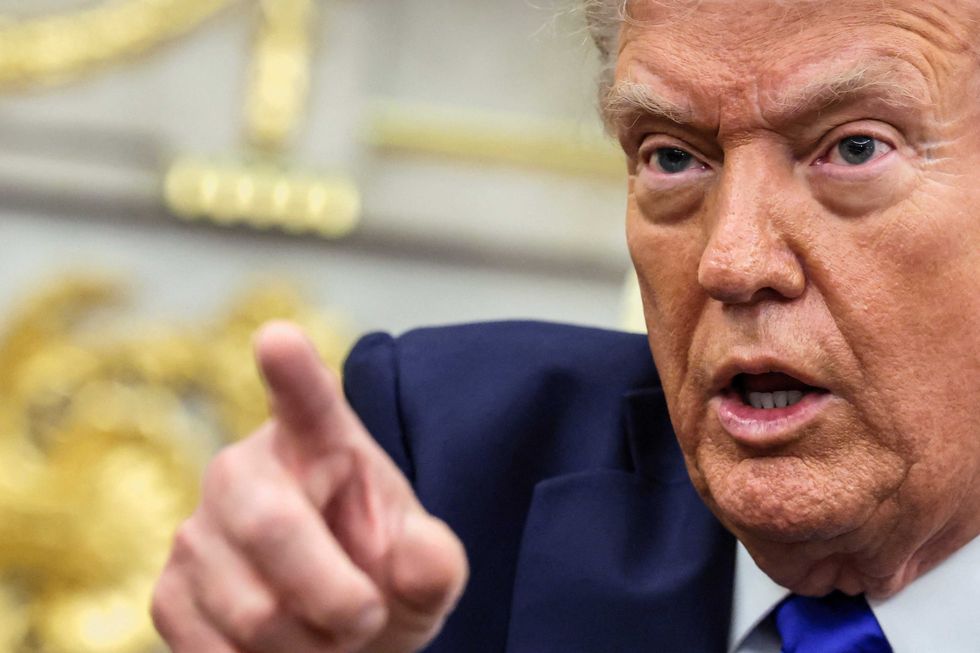URGENT UPDATE: The United States is escalating military actions against suspected drug traffickers, with President Donald Trump ordering strikes that have resulted in at least 43 deaths of individuals labeled as “enemy combatants.” This aggressive move comes without a formal declaration of war or congressional approval, raising significant legal and ethical concerns.
Secretary of Defense Pete Hegseth has mobilized warships, including an aircraft carrier, near Latin America, conducting strikes on maritime targets. This week alone, Hegseth has targeted 10 boats, with eight in the Caribbean and two in the eastern Pacific. Trump has claimed that these vessels are linked to the Tren de Aragua drug cartel, which he has designated as a terrorist organization, but has provided no evidence to support these assertions.
Historically, suspected maritime drug trafficking has been handled by the Coast Guard in cooperation with the Navy, leading to arrests rather than extrajudicial killings. Under current U.S. and international law, targeting civilians not directly involved in hostilities is illegal. However, Trump’s administration is now redefining these actions, claiming that suspected drug trafficking constitutes an armed attack on the United States.
“This is a dangerous precedent,” warns legal experts and human rights advocates. The implications of this military strategy extend beyond the high seas. Trump has previously referred to domestic political opponents as an “enemy within,” raising fears about future actions against individuals or groups he deems undesirable.
In a speech to military leaders on September 30, Trump discussed deploying military personnel to combat this so-called internal threat, already sending troops to cities like Washington, D.C., Los Angeles, and Chicago against the will of local officials. The justification for these troop movements often lacks substantial evidence, as data shows that ICE currently detains nearly 59,762 individuals, including American citizens.
The administration has also targeted political figures, with Trump’s Justice Department pursuing cases against individuals who have sought legal accountability from him, including New York Attorney General Letitia James and former FBI Director James Comey.
As this situation develops, concerns mount about the potential for Trump to expand his definition of “enemy combatants” to include a wider array of individuals, including immigrants and protesters. Legal experts are urging caution, stating that the ramifications of these military orders could lead to a significant erosion of civil rights.
The situation is evolving rapidly, and the international community is watching closely. What happens next may reshape how the United States engages with both domestic and foreign threats. Stay tuned for further updates as this story unfolds.





































































